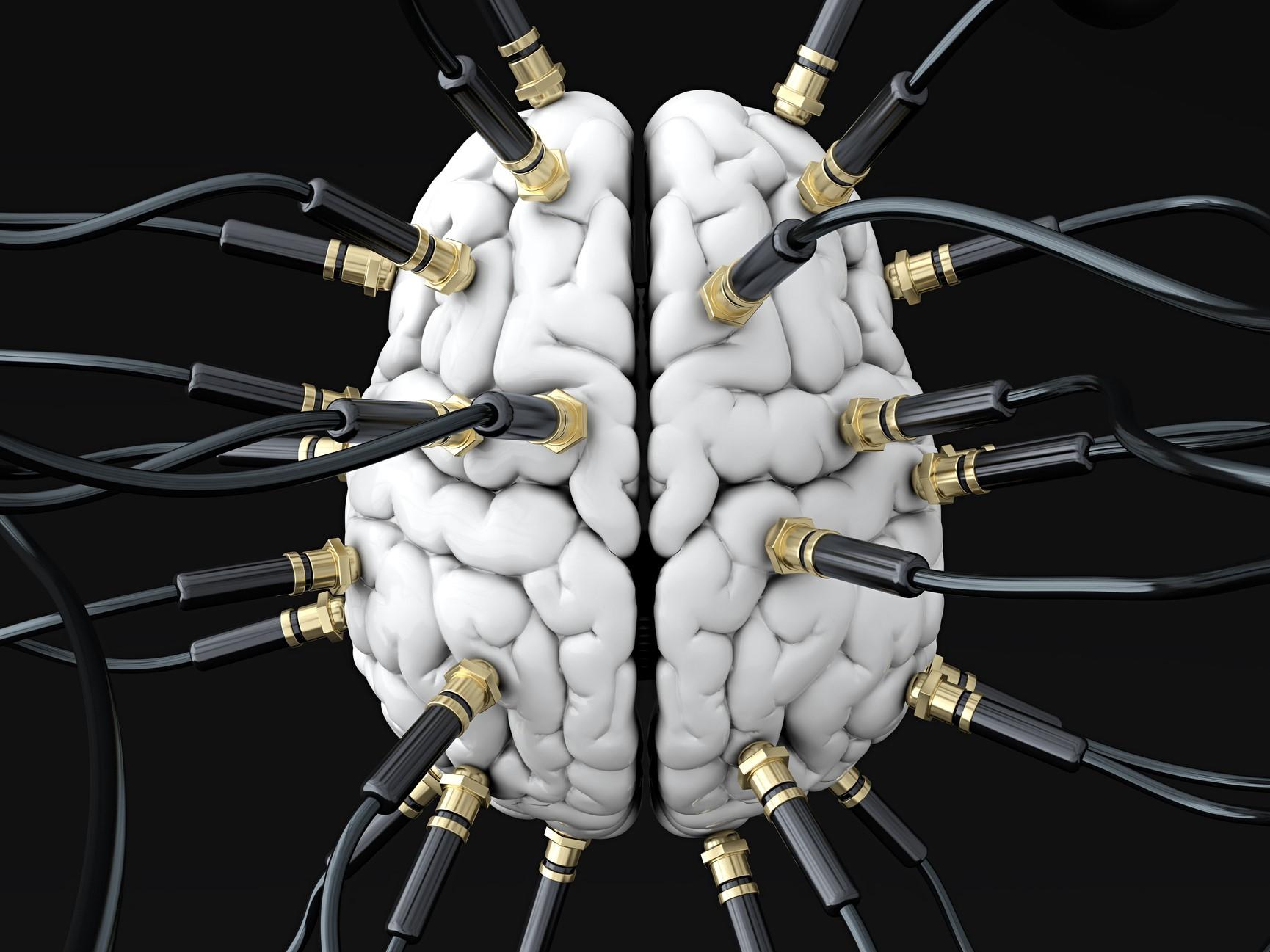Elon Musk cites Pong as evidence that we are already living in a simulation
Tech billionaire questions what the development of photo-realistic 3D worlds ‘imply about our reality’
Your support helps us to tell the story
From reproductive rights to climate change to Big Tech, The Independent is on the ground when the story is developing. Whether it's investigating the financials of Elon Musk's pro-Trump PAC or producing our latest documentary, 'The A Word', which shines a light on the American women fighting for reproductive rights, we know how important it is to parse out the facts from the messaging.
At such a critical moment in US history, we need reporters on the ground. Your donation allows us to keep sending journalists to speak to both sides of the story.
The Independent is trusted by Americans across the entire political spectrum. And unlike many other quality news outlets, we choose not to lock Americans out of our reporting and analysis with paywalls. We believe quality journalism should be available to everyone, paid for by those who can afford it.
Your support makes all the difference.Elon Musk has cited the 1970s video game Pong in order to reassert his belief that our perception of reality is in fact a hyper-realistic computer simulation.
Responding to a tweet about Pong posted by a popular engineering trivia account, the SpaceX and Tesla boss said that the advancement in graphics and gameplay in the years since it was released implies that humanity is on a path to create digital worlds indistinguishable from the real world.
“49 years later, games are photo-realistic 3D worlds,” the billionaire wrote. “What does that trend continuing imply about our reality.”
Musk has previously said that he subscribes to a simulation hypothesis laid out in a 2003 paper by the philosopher Nick Bostrom, which posits that future advances in computing power will allow later generations to run a vast number of highly detailed simulations of their forebears.
If this eventuality occurs, Bostrom claimed, “then it could be the case that the vast majority of minds like ours do not belong to the original race but rather to people simulated by the advanced descendants of an original race.”
On the basis of this paper, Musk has stated that there is a 99.99 per cent chance that the universe we inhabit is a computer simulation.
Tools like Unreal Engine enable the creation of photoreal, real-time 3D environments, while technologies like virtual reality headsets and haptic feedback suits offer a sense of what it is actually like to inhabit these simulated worlds.
The idea that we are living in a simulation has been a popular trope in science fiction films and literature over the last half century, with one of the most notable examples being The Matrix movie franchise.
The film’s premise is that reality as we know it is in fact a computer simulation that we experience through a cable plugged directly into the back of our skull.
One of Elon Musk’s numerous business ventures utilizes a rudimentary version of this technology in the form of a high bandwidth brain-machine interface that provides a direct connection between the brain and a computer.

The Neuralink startup initially aims to treat neurological disorders, while later iterations of the device could offer wearers “enhanced abilities” like streaming music directly to their brain, regulating anxiety levels, and ultimately allowing humans to compete with advanced forms of artificial intelligence.
Earlier this year, Neuralink revealed that it has trained a monkey to play Pong using only its mind.


Join our commenting forum
Join thought-provoking conversations, follow other Independent readers and see their replies
Comments